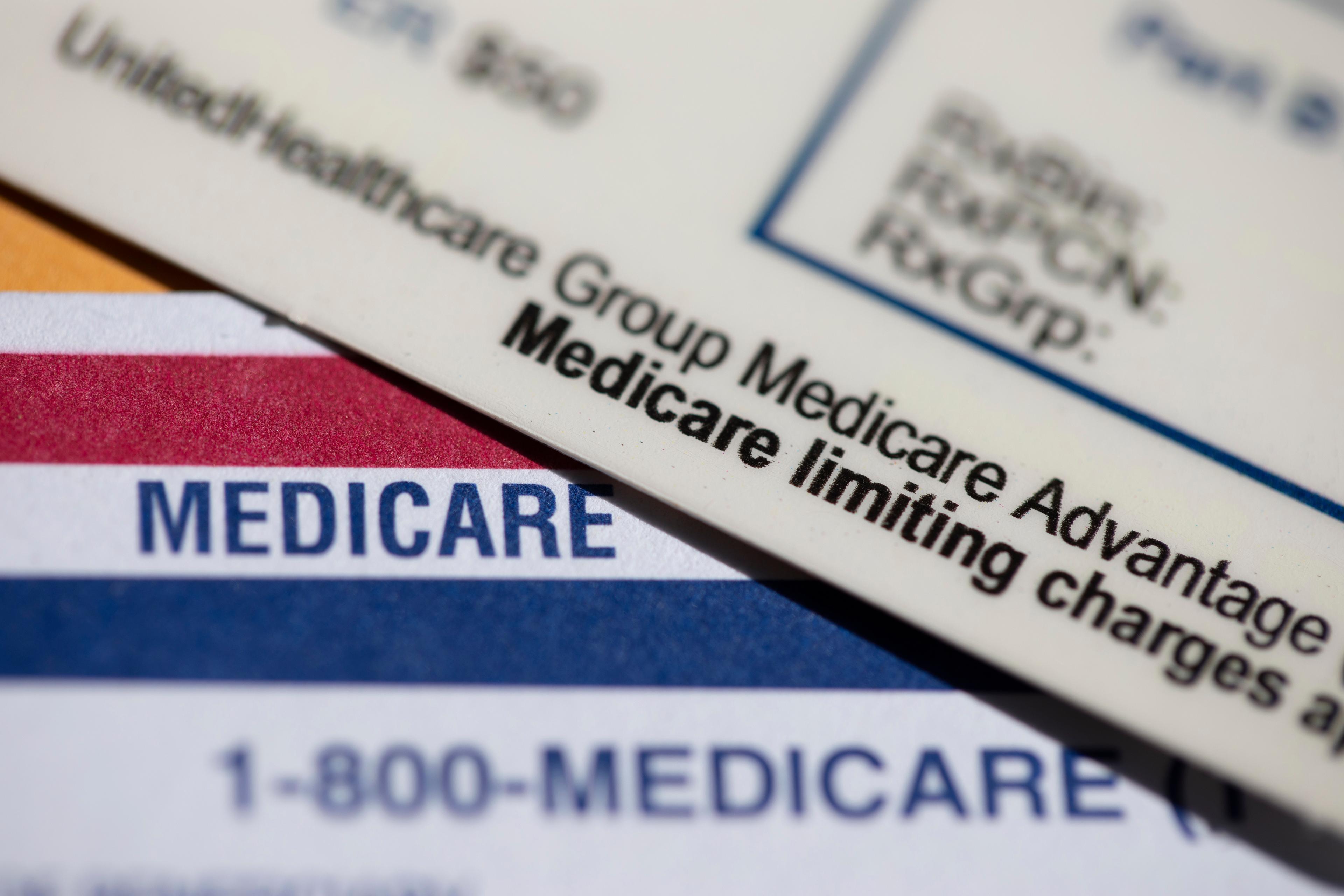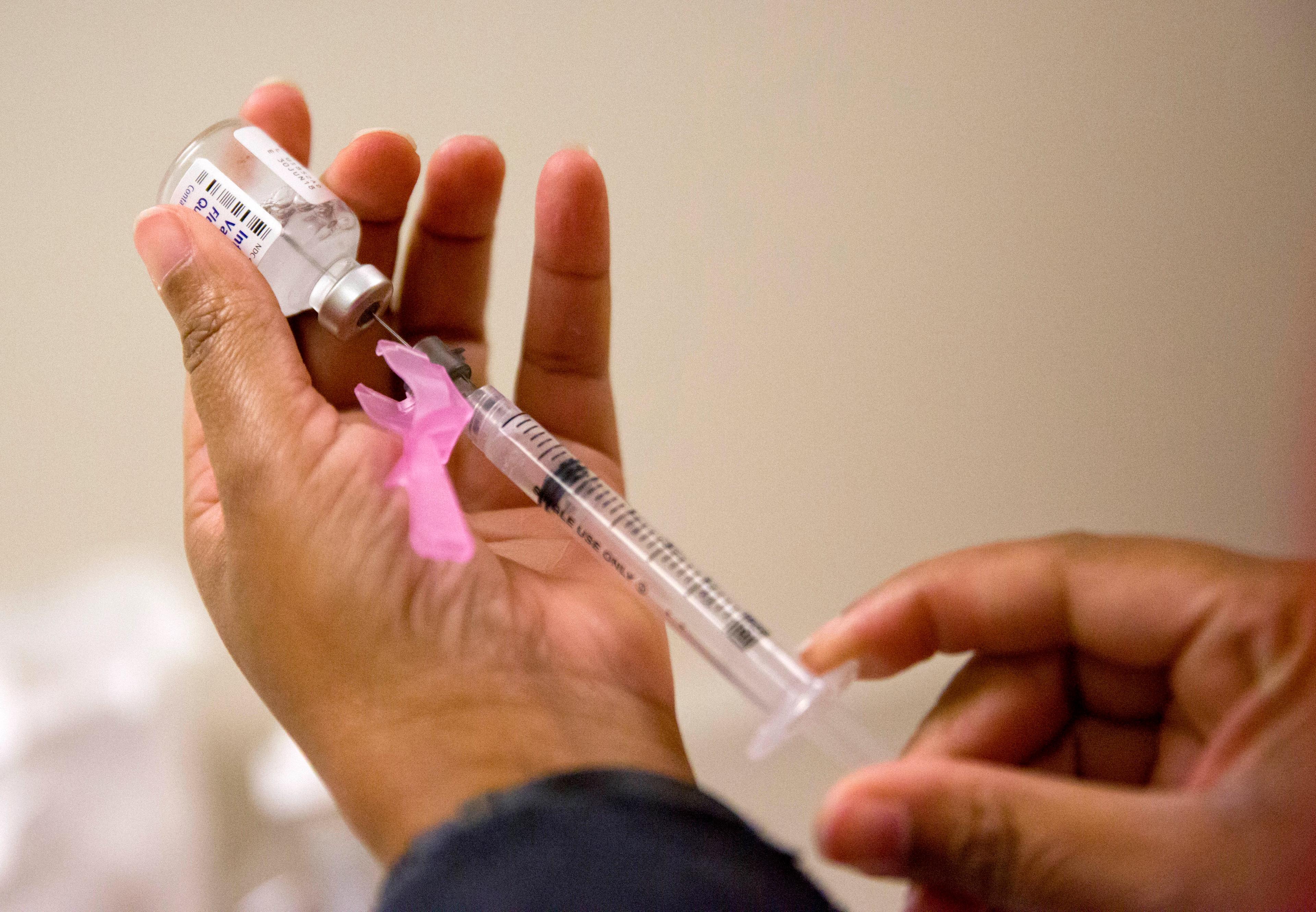
Updated at 12:31 p.m.
The White House is touting an agreement that it says will lead to lower prescription drug costs for seniors.
Officials announced Thursday that the Department of Health and Human Services has negotiated new Medicare prices for ten common high-cost drugs. The new prices, set to take effect in 2026, are expected to save seniors $1.5 billion in out-of-pocket costs and save American taxpayers $6 billion.
The ability to negotiate drug prices under Medicare Part D comes from the Inflation Reduction Act, President Joe Biden’s signature climate, tax and health care bill that he signed into law in 2022. That bill passed through Congress with only Democratic votes.
“It’s a relief for the millions of seniors that take these drugs to treat everything from heart failure, blood clots, diabetes, arthritis, Crohn’s disease, and more – and it’s a relief for American taxpayers,” Biden said in a statement.
Colorado Democrats welcomed the announcement.
“This is a major step forward in our fight to lower the cost of prescription drugs so patients don’t break the bank trying to get the care they need,” Rep. Diana DeGette said on social media.
There is a lag time between today’s announcement and when the new drug prices go into effect.
That's so the private insurance companies that operate Medicare benefits have time to incorporate the prices into their plans, according to Christen Linke Young, an advisor to the president on health care.
“The key point here is that these are really significant savings for seniors and for the program that are going to put money back in folks' pockets at lower prices to a really extensive degree on some of the most cost drugs in the program,” Linke Young told CPR News.
Medicare will be able to negotiate prices for 15 more drugs next year, and that number will rise going into the future.
Negotiated Drug Prices (based on 30-day supply)
- Eliquis, used to prevent and treat blood clots. Currently $521, will go down to $231
- Jardiance, used to treat diabetes, heart failure and chronic kidney disease. Currently $573, will go down to $197
- Xarelto, used to prevent and treat blood clots. Currently $517, will go down to $197.
- Januvia, used to treat diabetes. Currently $527, will go down to $113
- Farxiga, used to treat diabetes, heart failure and chronic kidney disease. Currently $556, will go down to $178.50
- Entresto, treats heart failure. Currently $628, will go down to $295
- Enbrel, treats rheumatoid arthritis, psoriasis and psoriatic arthritis. Currently, $7106, will go down to $2355
- Imbruvica, treats blood cancers. Currently $14,934, will go down to $9319.
- Stelara, treats psoriasis, psoriatic arthritis, Crohn's disease and ulcerative colitis. Currently $13,836, will go down to $4695.
- Fiasp; Fiasp FlexTouch; Fiasp PenFill; NovoLog; NovoLog FlexPen; NovoLog PenFill, treats diabetes. Currently $495, will go down to $119.
Pharmaceutical companies have tried and failed to challenge the cost-saving negotiations.
During debate over the Inflation Reduction Act, Republicans argued it would cause pharmaceutical companies not to invest more in research and creating new drugs.
House Republican leadership described it as "price fixing."
In a statement, House Speaker Mike Johnson, Majority Leader Steve Scalise, Whip Tom Emmer and Conference Chair Elise Stefanik said, "patients are seeing fewer choices, higher prices, and fewer cures, while the American pharmaceutical industry — which currently leads the world in the development of new medicines — is now in jeopardy of losing its competitive advantage on the rest of the world."
Pharmaceutical companies have also gone to court to end the program, so far unsuccessfully.
“There is nothing in the Constitution that prevents Medicare from negotiating affordable prices for prescription drugs,” Linke Young said. “We are getting the best deal for seniors just like the VA does for beneficiaries and its programs and just like Medicare does for every other type of healthcare service.”
The Congressional Budget Office estimated that Medicare drug price negotiations will save the government almost $100 billion over 10 years.
This is the latest push from the Biden-Harris Administration to lower the costs of prescription drugs. The IRA recently capped the cost of insulin to $35 for Medicare Part D enrollees, and next year, a $2,000 cap on out-of-pocket drug costs goes into effect.









